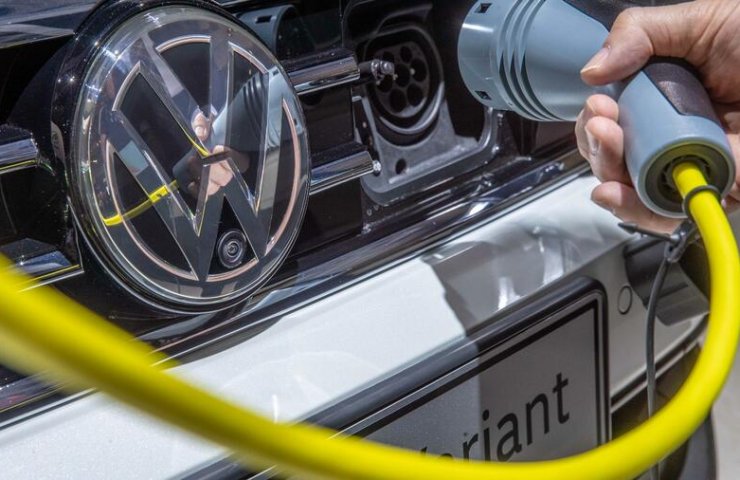Cars should not only consume electricity, but also be able to return it to the network when the voltage is insufficient or absent, according to engineers at the Volkswagen automotive company. Thus, electric vehicles in the future can help network operators better manage fluctuations in the supply of green electricity.
For the million-dollar fleet to be used as a new flexible energy storage facility, electric vehicles must also be able to return electricity to the grid at any time — they must be "bi-directional." The Volkswagen Group will be the first major manufacturer to do so next year.
The company estimates that 2.7 million vehicles can provide users with 6,500 GWh of unused electricity per year. Electric cars can store electricity, for example from a photovoltaic system, and feed it back into the home grid when needed. One battery charge is enough to provide a family with electricity for almost a week.
“The test vehicles have been launched, we are in the final stages of preparation,” said Volkswagen Development Council member Thomas Ulbrich in an interview with Handelsblatt.
Starting in 2022, every Volkswagen Group electric vehicle developed on the MEB (Modular Electrification Tool Kit) electric platform will not only be charged with electricity, but will also return it to the grid. As a reminder, in addition to Volkswagen itself, the concern also produces brands such as Audi, Skoda and Seat-Cupra.
Other automakers are likely to present similar proposals for the foreseeable future. The announcement has already been made by Hyundai from South Korea.




